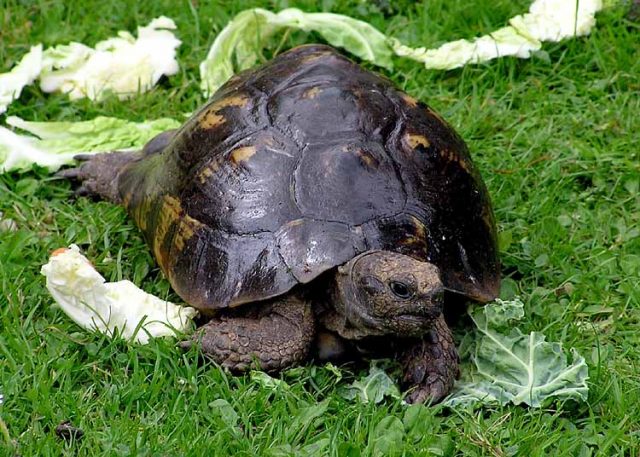Type the name of the breed you're looking for below
[wpdreams_ajaxsearchlite] Don't see the breed your're looking for? Click here and let us know!
Mediterranean Spur-Thighed Tortoise
| Place of Origin and Range | The Spur-thighed tortoise's habitat is North Africa, southern Europe, and south west Asia. It is prevalent in the Black Sea coast of the Caucasus (from Russia Anapa to Abkhazia Sukhumi to the south), as well as in Georgia, Armenia, Azerbaijan, and Dagestan. |
| Description | The differences in form are primarily in size and weight, as well as colouration, which ranges from dark brown to bright yellow, and the types of flecks, ranging from solid colours to many spots. Also, the bending-up of the edges of the carapace ranges from minimal to pronounced. |
| Morph Patterns Available | Yes |
| Adult Size | Can grow up to 11in(28cm) |
| Accommodation | They require large enclosures, temperatures above 60 °F (16 °C), and bedding composed of grasses or grass-based hay. Due to their high dietary fibre needs, grasses form a minimum of 75% of their food intake. Including large amounts of clean, fresh water. |
| Lifespan | Can live 50-80 years |
| Feeding / Diet | These tortoises are herbivores. Primarily, their diets consist of many types of grasses and plants, high in fibre and very low in protein. Feeding of fruit should be avoided. |
| Other Considerations | Oldest recorded was 127 years old. Watch for theses health concerns carefully with your tortoise. Vitamin A Deficiency: Vitamin A is an important nutrient for your tortoise’s health. It is found in his diet in the form of leafy green, orange or yellow vegetables, liver, and fish. If your tortoise is not getting enough Vitamin A, he can suffer serious health problems. Always check to make sure that your tortoise does not have swollen eyelids, as this is the main sign of a Vitamin A deficiency. Also, check for weight loss, nasal discharge and infected skin. Any of these symptoms could point to a deficiency. If you think your tortoise may not be getting enough Vitamin A, you should take him to the veterinarian to get a firm diagnosis. Shell Problems: Your tortoise's shell is very important to his overall health. There are many potential problems that could occur, so you should be on the lookout at all times. Respiratory Disease: Respiratory infections have symptoms similar to vitamin A deficiency, including swollen eyelids and runny nose, so you should take your tortoise to the veterinarian to get a proper diagnosis if you suspect either. More serious infections will be characterized by breathing through the mouth, mucus in the mouth, and wheezing. Always make sure your tortoise’s environment has the proper amount of humidity, as this will help prevent respiratory problems. |



